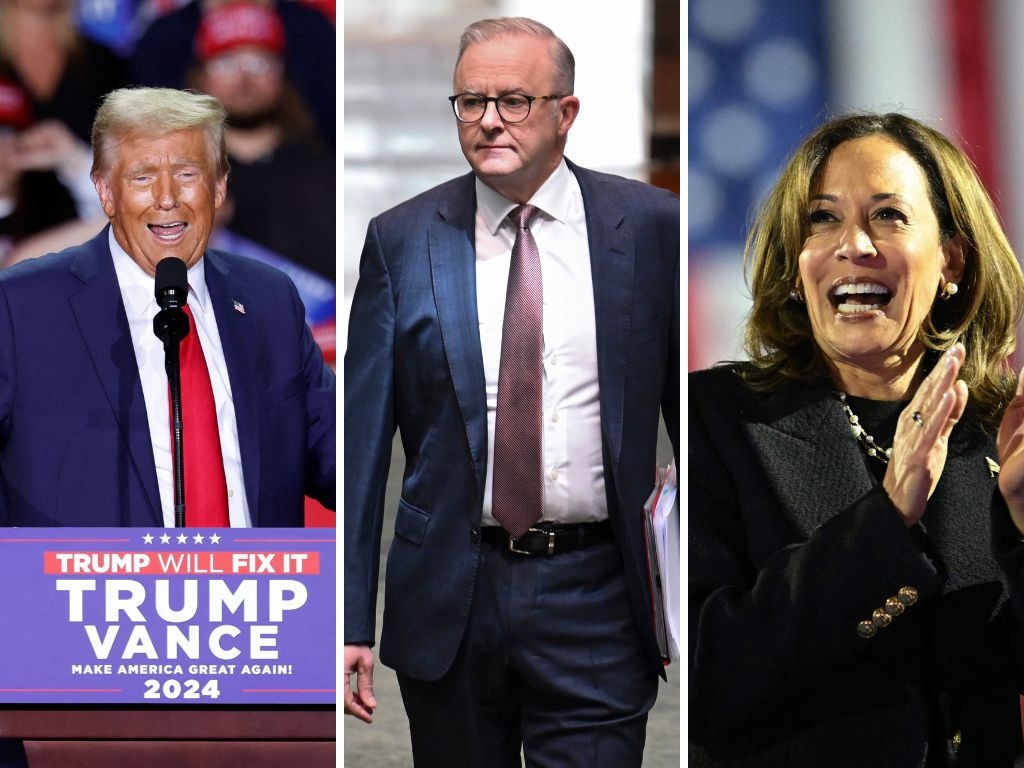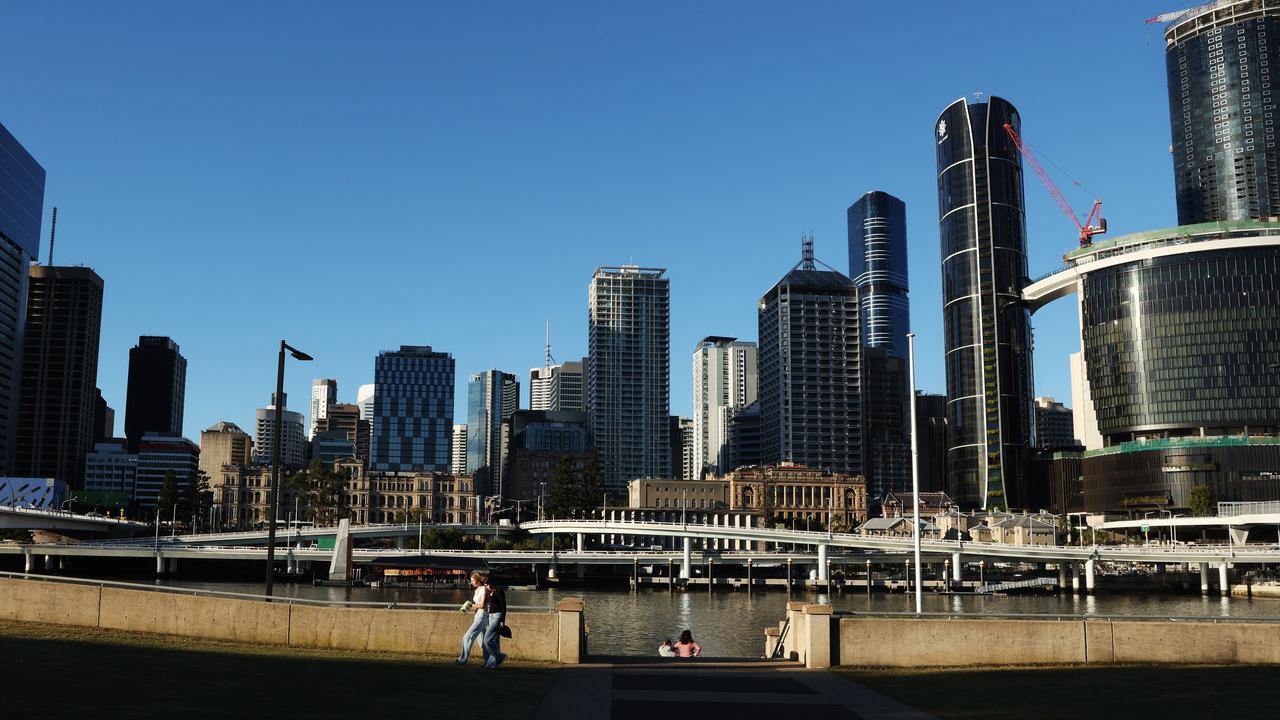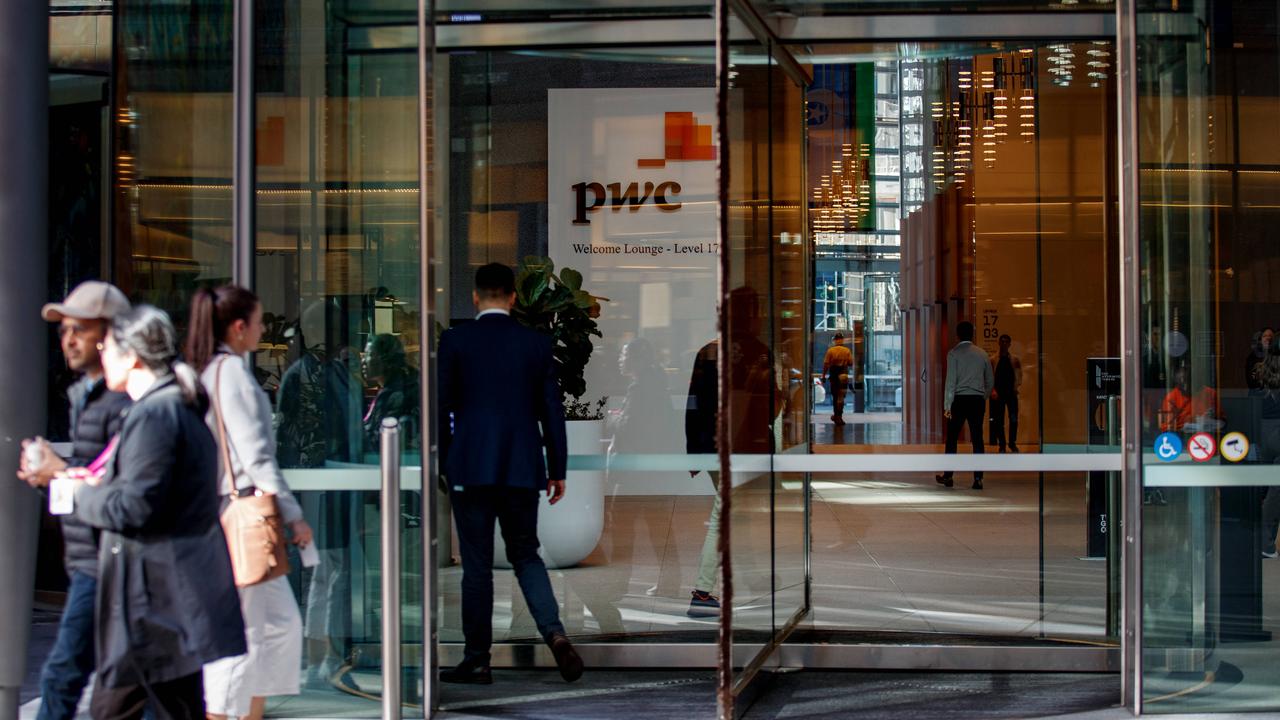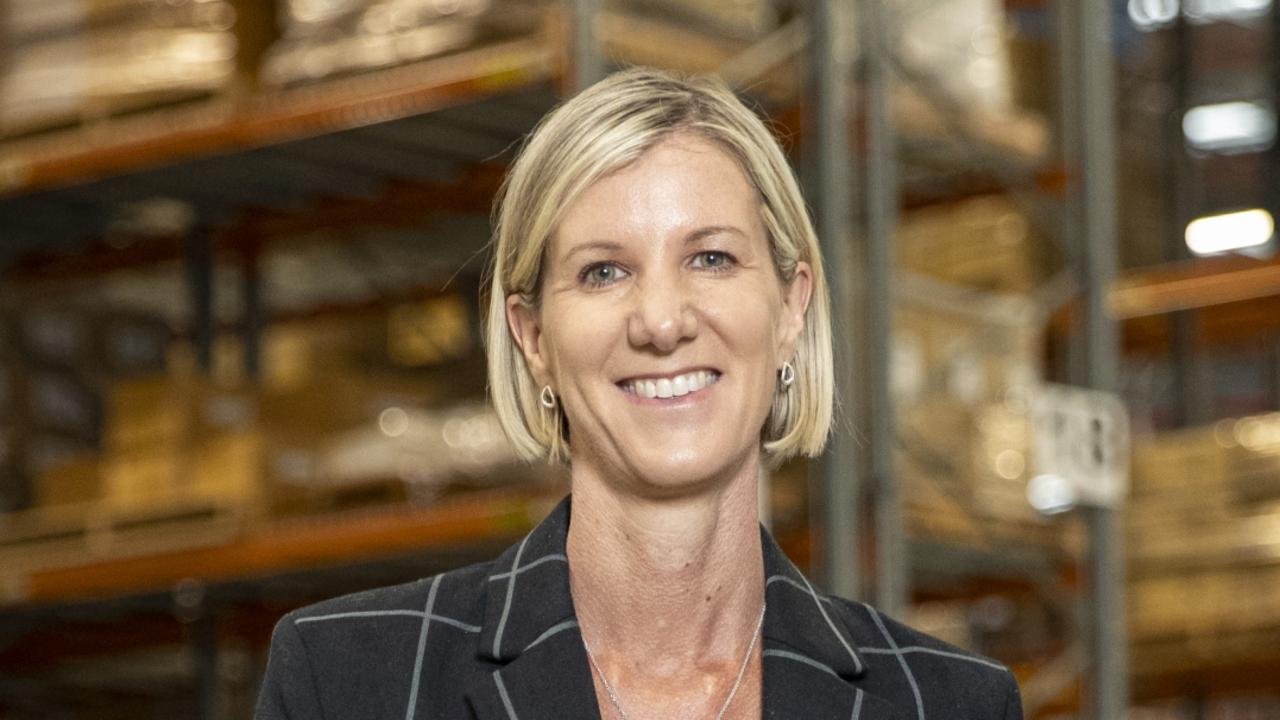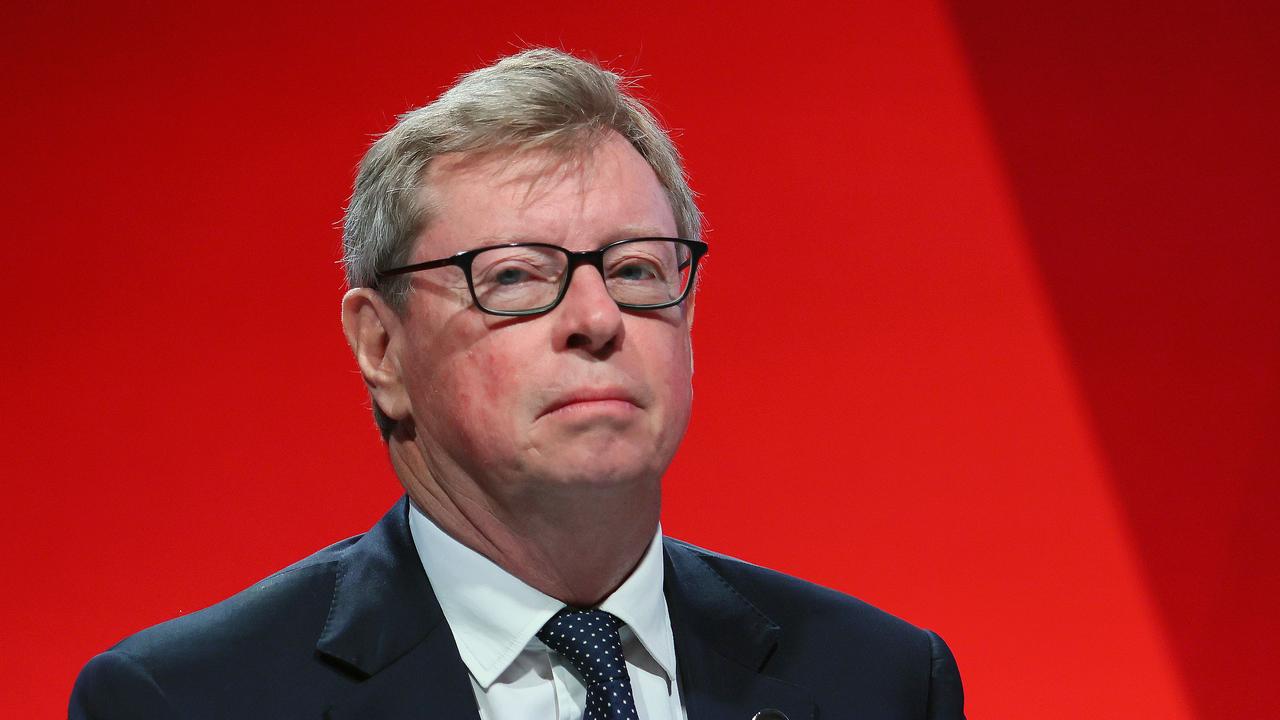The likely winners and losers from a revolutionary US election
A Trump victory will add to pressure for lower corporate taxes in Australia and deregulation on a range of issues.
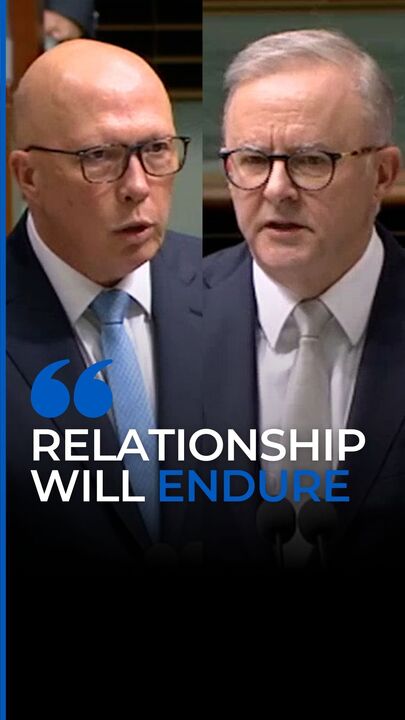
Business
Don't miss out on the headlines from Business. Followed categories will be added to My News.
A Trump victory will be good for global sharemarkets, adding to pressure for lower corporate taxes in Australia and deregulation on a range of issues from financial markets to the energy sector, analysts say.
It will also benefit specific sectors such as bitcoin and the development of the digital asset sector.
But there will be particular concerns for Australia about the effect tariffs of up to 60 per cent on imports from China, and the prospects of a new US-China trade war, will have on the Chinese economy and its demand for Australian exports such as iron ore, coal, LNG and food.
“Trump is seen as more significantly more business-friendly,” Karl Morris, chief executive of stockbrokers Ord Minnett, told The Australian.
“We’ve seen a strong rally in some key sectors and stocks that could benefit from a Trump win.
“Examples include Block, which has a strong connection to cryptocurrencies, which have also rallied strongly, given Trump’s support.”
He said the prospect of a Trump win had also seen a rally in stocks that responded positively to higher bond yields, including insurers IAG, QBE and Suncorp, as well as Computershare and Challenger.
He said Australian stocks related to US housing, including James Hardie, BlueScope Steel, Reece and Reliance Worldwide, had also been boosted by the prospect of a Trump win.
But there were fears that some Trump policies could revive inflation, pushing bond yields higher. Australian real estate and infrastructure stocks were softer on the prospect of higher yields.

Energy contractor Worley jumped on expectations of higher spending in the oil and gas sector.
But Australian energy producers, including Santos and Woodside, fell on concerns about the impact of increased US energy production on energy prices.
Australia’s large mining companies, including BHP, Fortescue and Rio Tinto. were also softer on possible concerns about Chinese growth prospects under a Trump administration.
A Trump presidency is expected to provide a significant boost to the US mining industry in terms of deregulation, with BHP and Rio Tinto potentially benefiting if he gives the go-ahead for their proposed Resolution copper mine in Arizona. Work on the mine, which could become the largest copper producer in North America, supplying as much as 25 per cent of its needs, has stalled, waiting approvals from the Biden administration.
Rio and BHP jointly owned the proposed development in Arizona, a giant underground mine east of Phoenix with one of the largest undeveloped copper deposits in the world.
The companies have spent more than $US2bn ($3.1bn) on development and permitting activities for the project which could produce 40 billion pounds of copper concentrate over 40 years if it goes ahead.
But the two companies, which are among the largest exporters of iron ore to China, could also be hit by a Trump trade war with China if it spills over into a more depressed China economy.

Trade Minister Don Farrell this week expressed concern about the impact on Australia of US tariffs on China.
James Laurenceson, director of the Australia China Relations Institute at Sydney’s UTS, said the fallout from US tariffs on goods from China could affect demand for Australian products sold into the country by depressing the domestic economy.
“If Trump goes ahead with a 60 per cent tariff on all Chinese goods, that’s plainly a negative hit to China’s economy,” he told the Australian.
“The greater worry for Australia (than iron ore prices) is how a spiralling US-China trade war might further depress Chinese consumer confidence, which has never recovered from the harsh Covid lockdowns in 2022.
“That would be bad news for Australian wine, beef, lobsters and tourism.”
But he said he would “caution against catastrophising” about the trade impact of a Trump administration.
“These days exports to the US only account for 15 per cent of China’s total exports, and total exports have fallen to around 20 per cent of China’s GDP, so we are talking goods worth 3 per cent of GDP at risk.
“Exchange rates can also adjust, and domestic stimulus can be launched to cushion the blow.”
He said that if Trump were to significantly hike tariffs on Chinese imports, Australia’s leaders would also have to accept that the US was “launching a major attack on the rules-based trading system that has served Australia’s interests so well”.
“Ironically, that could open space for Australia and China to strengthen their co-operation, along with other like-minded countries in the region, to preserve as much of that system as possible while Washington goes rogue.
“The US is not a large market for Australia and so our major interest is in preserving the health of the regional economic order.”
A Trump presidency is expected to give a major shot in the arm for the bitcoin sector.
Mr Trump has threatened to replace the chair of the US Securities and Exchange Commission, Gary Gensler, who has been a noted crypto sceptic, and to invest some of US Treasury holdings in bitcoin.
He has also promised to encourage the mining of bitcoin and other cryptocurrencies and potentially deregulate the sector.

“If he does all of these things, the industry will undergo significant expansion in terms of the global market value and integration in existing financial markets,” cryptocurrency expert Liam Hennessy said.
Mr Hennessy, who is a Brisbane-based partner with law firm Clyde & Co, an adjunct professor of law at Griffith University and an adviser to the Dubai Future Foundation, said a change in bitcoin policies in the US could affect the thinking of Australian policymakers on the sector.
“It may lead to changes in approach (in Australia), which have up until now arguably mirrored the US’s more hawkish approach to regulation of the sector.”
But he said the development of bitcoin, and other cryptocurrencies, in the US and globally would also have an impact on energy consumption.
Sydel Sierra, the founder of Digital Wealth Group, said a Trump presidency would see a bull run in bitcoin prices.
“Bitcoin has hit its new all-time high,” she said.
“If you want evidence of the Trump effect, that’s it.
“Just about every analyst was predicting a spike in crypto if Trump won, and that was down to his bullish rhetoric about it, but this is something else – it’s a sea of green.”
“I’m expecting bitcoin to hit $220,000 within the year. Ethereum is likely to hit $15,000.
“Trump has already said he wants to deregulate the SEC and crypto markets, so those comments alone inject confidence. The bull run starts now.”
A Trump presidency is expected to see a major setback for the global push on climate change policies, with Mr Trump potentially scrapping the US commitment to achieve net zero by 2050, which could have policy implications for Australia.
He has also threatened to scrap the US Inflation Reduction Act, which has provided financial assistance for projects seen to be assisting climate change.

The chief executive of rail company Pacific National, Paul Scurrah, said a Trump victory would reduce pressure for decarbonising the economy.
Mr Trump’s deregulatory policies could also be more attractive for biotech company CSL if he takes a more liberal approach to pricing controls.
TechnologyOne CEO Edward Chung said a Trump presidency would see a continuation of “aggressive America First policies.”
“The US already requires 65 per cent local content in anything the government buys and that is going to increase to 75 per cent by 2029.”
“It’s a massive vote winner and booster for US high tech businesses competing all over the world.”
“They effectively have the largest market in the world locked up.
“Australian governments need to realise we have to do more in our own backyard if we don’t want to get steam rolled in the industries of the future,” he said.
There are now a large number of Australian stocks with a direct exposure to the US election result including CSL, ResMed, Cochlear, Austal, Reece, QBE Insurance, Ansell, Aristocrat, Worley, Treasury Wine Estates, Flight Centre, Computershare and James Hardie.
Macquarie analysts say a Trump Presidency would be more positive for those trading in the US because of Trump’s promises to cut the corporate tax rate from the current 21 per cent to 15 to 20 per cent.
His plans for lower income taxes could also be expected to stimulate demand in the US.
Trump’s policies are seen as inflationary as he would preside over a larger fiscal deficit given his plans to cut taxes as well as his threats to replace the current chairman of the US Federal Reserve Board, Jerome Powell, with someone who would move faster in cutting interest rates.
A spokesman for biotechnology company, CSL, which has a big exposure to the US market, said the company “supports policies that catalyse biopharmaceutical innovation and that ensure patient access to therapies.”
“We are prepared to work with stakeholders across the political spectrum to achieve these goals.”

“We are ready to work with members of both parties to ensure they understand the importance of biomedical innovation and the role we can play to serve patient’s needs and public health.”
Federal Treasury secretary Steven Kennedy and Senator Farrell both expressed concerns this week about the potential impact on Australia of a sharp increase in US tariffs.
Mr Kennedy told the Senate estimates budget hearing this week that the Treasury had modelled the potential impact of the policies of a new US president on Australia, particularly if US tariffs were to rise sharply.
“In broad terms, the imposition of trade restriction
such as tariffs typically leans to lower growth and higher inflation,” he told the Senate.
“The implications for Australia are more about growth because of the impact for China and their demand for our goods.”
Speaking in China this week, where he has been attending the China International Import Expo in Shanghai, where some 250 Australian companies were represented, Senator Farrell said he hoped there would not be a trade war after the US election.
He said Australia wanted to have a world with free trade with countries abiding by global trade rules.
The OECD has warned that Australia could be hit with a fall in national income if global trade tensions rose and there was a push for more manufacturing in the US to be brought onshore.
More Coverage
Originally published as The likely winners and losers from a revolutionary US election



